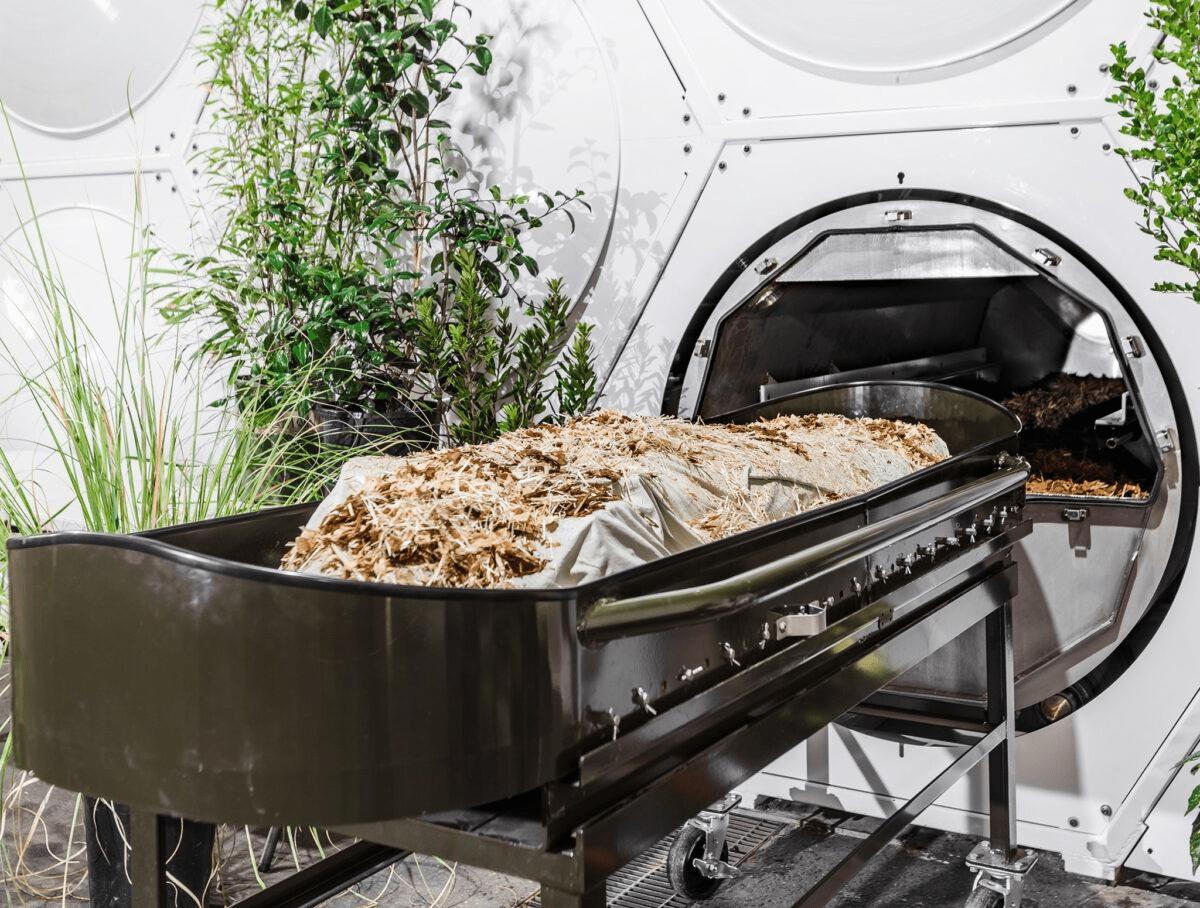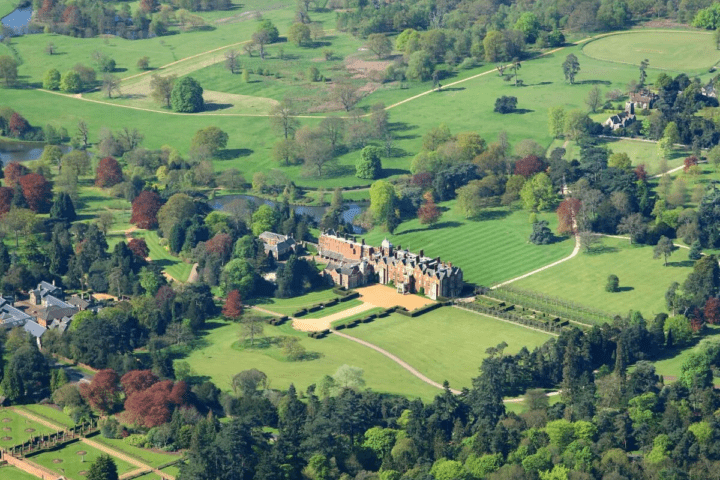The growing demand for eco-friendly burial alternatives has fueled the popularity of “green burials” or “human composting” practices, which have a low impact on the environment. Traditional burial procedures require toxic chemicals, such as formalin, methanol, and benzene, during the embalming process, causing harm to the soil and water systems. In contrast, green burials promote complete decomposition of the body, allowing natural return to the soil and encouraging new growth, thus restoring ecosystems.
Human composting is legal in a handful of US states, including Colorado, Oregon, Vermont, California, New York, and Washington. Washington being the first to legalize human composting, unlike traditional burial practices, only biodegradable substances are used in human composting, leaving no negative impact on the environment. The use of biodegradable substances also makes green burials more cost-effective than traditional burials.
The rise of eco-consciousness has motivated the National Funeral Director’s Association to report that 60.5% of individuals are interested in green funeral options in 2022, up from 55.7% the previous year. The increasing demand for green burial options has brought the future of the human composting industry under the spotlight.
While some funeral homes are reluctant to provide human composting services, others are considering establishing consultation groups to assess the theological considerations of alternative burial practices. The Church of England has been considering green burial options such as human composting at Christian funerals to help meet its net-zero target.
Archbishop Desmond Tutu, the anti-apartheid leader and Nobel Peace Prize laureate, reportedly requested cremation by aquamation, a water-based process that is an eco-friendly alternative to traditional cremation. In the US, the cremation rate almost doubled over the past 15 years, reaching 57%.
Many human composting advocates are under 35 years of age. The first five people to sign up for Return Home’s pre-planning services in Seattle, for instance, were under 35 years old.
Companies in both the human composting and legal cannabis industries lack access to bank loans and traditional financing methods without federal legalization, but recreational cannabis has gained momentum, with 21 states now legalizing its use. The roadmap of the human composting industry is cautiously compared to that of the legal cannabis industry’s ongoing expansion. However, some experts are not as optimistic, predicting that human composting won’t become commonplace anytime soon.
The end product of human composting is soil, which is always in demand. The potential for human composting to contribute to soil restoration, especially in regions where soil erosion is a significant problem, has led to the growing popularity of green burial practices. Despite challenges facing the human composting industry, many people are committed to choosing greener options after death.
As the push for environmental consciousness gains momentum, it’s no surprise that more people are considering the environmental impact of their death. Green burials, human composting, and water cremation are all alternative methods of disposing of human remains that have gained popularity in recent years.
Green burials and human composting, in particular, have received attention for their minimal environmental impact. By allowing for the complete decomposition of the body and its natural return to the soil, these methods encourage new growth and restoration of ecosystems. Unlike traditional burials, which use toxic chemicals during the embalming process, only biodegradable materials are used in green burials and human composting.
The rising popularity of these methods is due in part to an increasing interest in environmentally friendly practices, as well as the significantly lower cost of a green burial compared to a traditional burial. Additionally, the heavy environmental toll of traditional burials and cremations has made many people more receptive to these alternative methods.
While the human composting industry is still in its early stages, it has already gained legal recognition in several states in the U.S. The Church of England is also considering the theological implications of alternative methods of disposing of human remains, including human composting.
- Tesla Delays Affordable Model Y Production to Late 2025 Amid EV Market Pressure
- Aldi Pork Carnitas Alert: FSIS Warns of Metal Contamination in 16-Ounce Packages with June-July Use Dates
- Protected: Weekly Mailer Task
- GP Registration Online Now At 98.4% Of Practices As 3.8 Million Sign Ups Signal NHS Digital Shift
- Protected: Update the social media status in Content Calendar
As with any new industry, there are challenges to overcome. Companies in the human composting industry, like those in the cannabis industry, face obstacles in obtaining traditional financing without federal legalization. However, with increasing interest and momentum, it’s possible that human composting will become more commonplace in the years to come.
Ultimately, for those who prioritize the environment in life, it makes sense to do the same in death. By opting for a green burial or human composting, individuals can leave a minimal environmental impact and contribute to the restoration of ecosystems. As the push for environmental consciousness continues, it’s likely that these alternative methods of disposing of human remains will become even more popular in the years to come.










